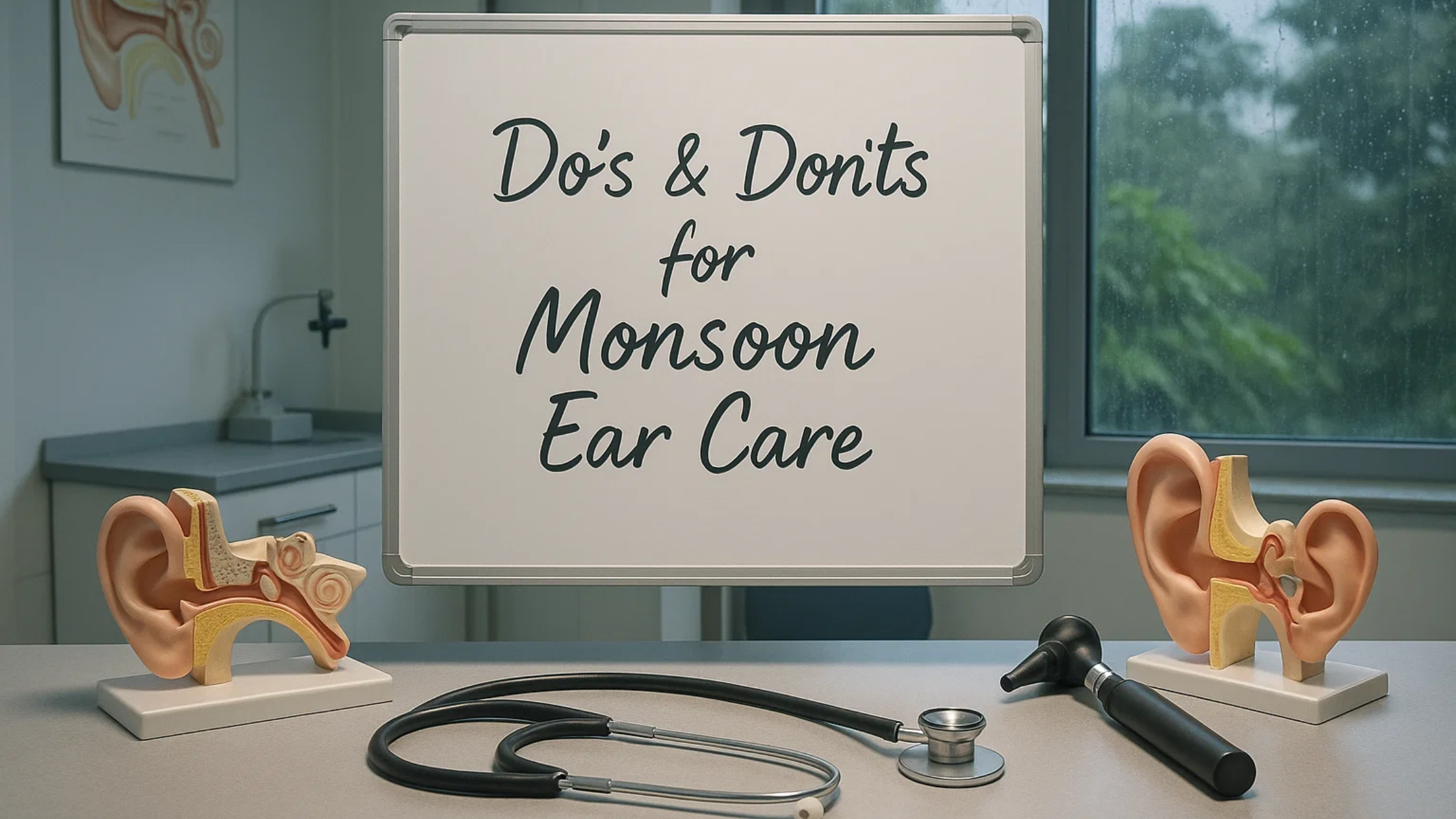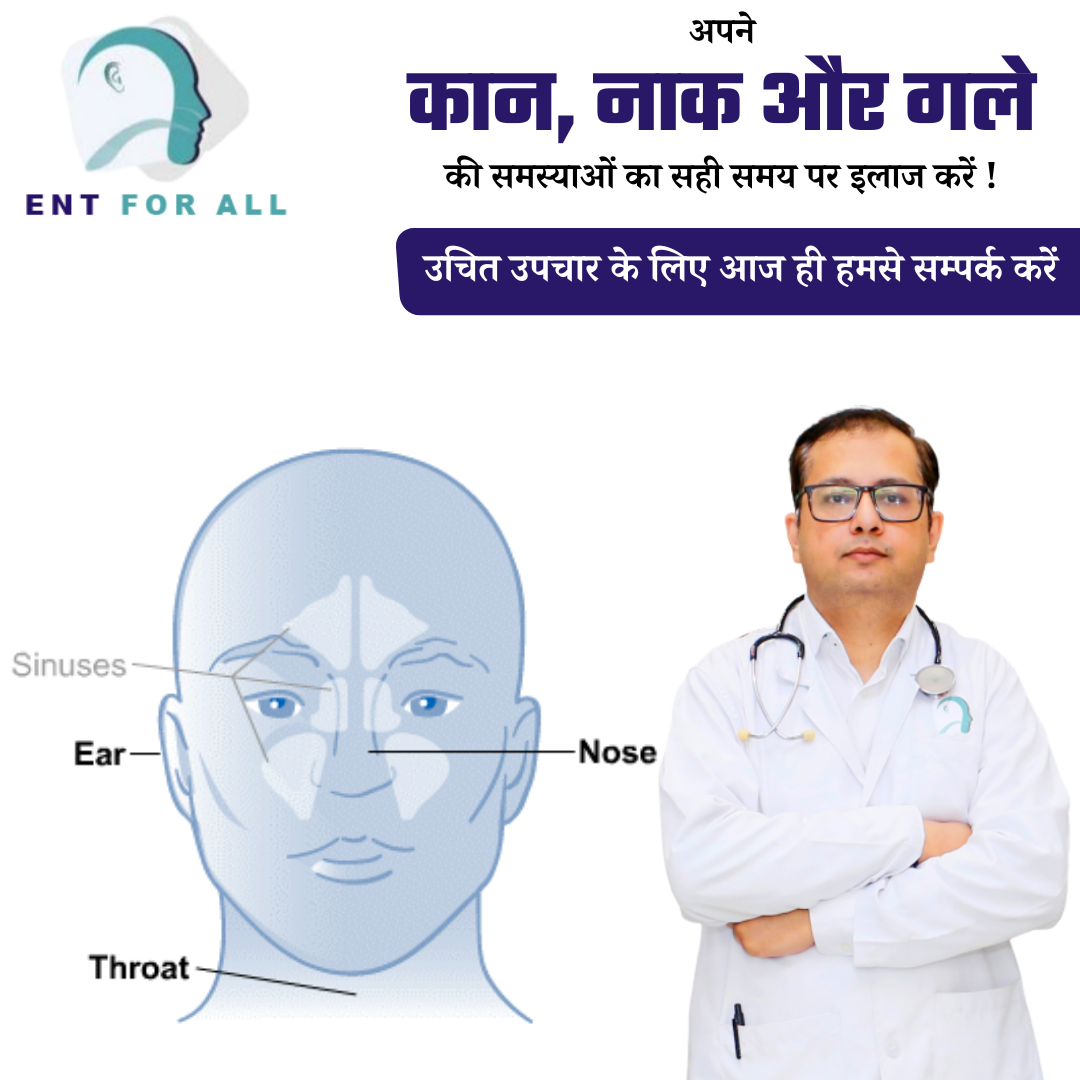Tips To Look After Your Throat In This Changing Weather
Here in India, the weather changes, so you have to look after your throat in this changing weather! The coughs, runny noses, and throat irritation of the cold and flu season come along with those changes. Can climate change create a sore throat or even other cold symptoms, you may have wondered. then you are in the appropriate location. Here, we’ll go through exactly how respiratory illnesses can be brought on by the start of cold weather and the shift in the seasons.

How Changing Weather Effects the Throat?
Yes, a painful throat can be brought on by changes in the weather. The onset of sickness is influenced by a variety of elements at play in this process. Throughout the course of the year, each season lasts around three months. Throughout this period, our bodies get used to operating in the prevalent seasonal climate, which means they get used to being warm in the summer, cold in the winter, etc.
Our bodies start to acclimate to the new norm when the seasons start to shift and a new dominating climate takes hold. Our bodies occasionally struggle to adapt to the changing weather. This internal conflict can result in sickness.
Additionally, the shift to colder temperatures weakens our immune systems, which makes it easier for the regular flu virus and the common cold to infect us. Although a sore throat is a common sign of cold-related disorders, other symptoms include:
- Runny Nose
- Congestion
- Cough
- Sneezing
- Chills
- Soreness
- Fever
- Fatigue
These symptoms may indicate a number of cold-related ailments, including:
- Flu/Common Cold
- Chronic or acute bronchitis
- Laryngitis
- Pneumonia
Factors Causing Sore Throat
Like most things in life, our surroundings can have a significant impact on how we feel physically. Cold ai23pxr is an environmental factor that might exacerbate asthma and bronchitis burst during the transition to winter. New seasonal allergens including pollen, dust, and more are also brought on by the change in seasons.

Precautions for Throat Problems
Here are a few strategies for preventing that abrasive, itchy, burning sensation at the back of your throat.
Additionally, take the following precautions to prevent the flu and colds, which frequently result in sore throats:
- Keep your distance from those who are ill.
- Regularly wash your hands.
- Never exchange food, beverages, or utensils.
- Avoid putting your hands near your face or eyes.
- Adopt a balanced diet.
- Get lots of sleep.
- Take in a lot of liquids.
Treating Sore Throat
Fortunately, a sore throat can be treated in a variety of ways! Try the following remedies if you have a sore throat to help relieve the condition:
Salt Water Gargle: Gargling with salt water helps relieve throat discomfort and thin mucus.
Consume hot tea: Various hot tea varieties contain anti-inflammatory and antioxidant qualities.
Lozenge: As they dissolve, medicated lozenges help relieve sore throats.
Use a humidifier: Increasing the humidity in your home’s air will help soothe a sore throat.
Get Lots of Sleep and Drink Lots of Water: To help you fend against sicknesses, your body must be functioning at its peak. Because of this, it’s crucial to rest well and drink lots of water while recuperating from illness.
Options available over the market: If home cures don’t work, you can get comfort from over-the-counter medications like cough medicines or throat-numbing sprays.
Visiting an ENT Specialist
Don’t freak out if you’re experiencing a sore throat! This unpleasant condition frequently only lasts three to ten days and is manageable at home. You might have a more serious condition if you start having difficulties breathing, pain when swallowing, trouble opening your mouth, or earaches. If you experience severe symptoms, make an appointment with Dr. Shushant Joshi and visit the ENT Clinic for treatment.
Also read- Effects of Smoking on Your Throat and How to Quit for Good

















